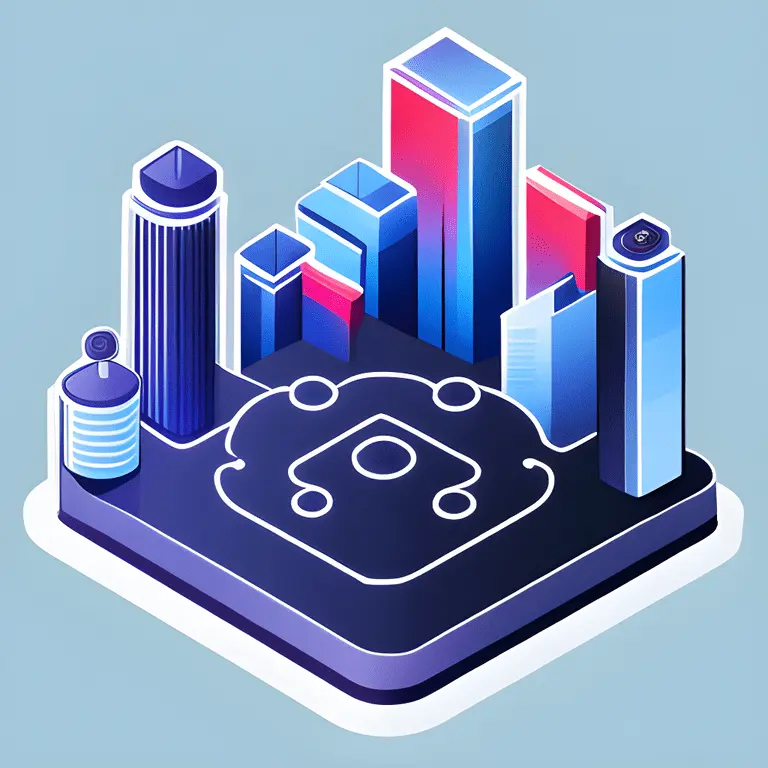Decentralized Finance (DeFi) has been talking about the concept of real-world assets (RWAs) moving into the digital sphere. But is this just another passing trend, or does it signal an essential shift in finance? Let’s break down the top 10 potential benefits of RWAs in DeFi, while also taking a reality check to understand where things stand and what challenges lie ahead.

Key Takeaways
- Introducing real-world assets in Defi
- From Global Fundraising to Enhanced Accessibility: The benefits of RWAs in DeFi are numerous
- Challenges Remain: Despite the promise of RWAs in DeFi, challenges such as regulatory uncertainty, liquidity issues, security concerns, valuation challenges, and integration with traditional finance must be addressed for widespread adoption
Benefits of Real-World Assets in DeFi
- Enhanced Accessibility: DeFi breaks down geographical barriers. You just need to have internet access to invest in assets worldwide. You could even buy a piece of a vineyard in Napa Valley or a London office building without leaving your home.
- Transparent Ownership: Blockchain provides a transparent record of asset ownership. This reduces fraud and boosts trust. Imagine having a verifiable history for a tokenized artwork, erasing doubts about authenticity.
- Potential for Efficiency Gains: DeFi could streamline asset management tasks like dividend distribution and compliance. This can be done through smart contracts.
- Boosted Liquidity: Traditional assets like real estate or art often lack liquidity. By tokenizing them, DeFi can inject new levels. Think of owning a slice of a Manhattan skyscraper or a famous painting, making high-value investments accessible to smaller players.
- Fractional Ownership: Tokenization allows assets to be divided into tradable units. This enables broader investor participation. Picture co-owning a beach villa with friends via DeFi tokens, spreading the investment load and potential profits.
- Smoother Transactions: Smart contracts in DeFi automate many steps in asset transactions, slashing settlement times and paperwork. Imagine the ease of buying tokenized property compared to traditional real estate deals.
- Opening Doors for All: DeFi allows individuals to diversify their portfolios beyond stocks and bonds. This is potentially narrowing wealth gaps by granting access to exclusive investment opportunities.
- Efficient Lending: Tokenized assets can be used as collateral for loans. Picture using a rental property token to secure a loan, with repayments distributed automatically to token holders.
- Global Fundraising: Businesses can tap into DeFi to raise capital by tokenizing their assets. This will help to reach a global pool of investors beyond traditional finance.
Downsides of RWAs in DeFi
While the promise of RWAs in DeFi is exciting, several challenges remain.
| Challenges | Description |
|---|---|
| Regulatory Uncertainty | Regulations surrounding tokenized securities and DeFi platforms are still evolving, potentially stalling innovation. |
| Liquidity Issues | Establishing liquid markets for all https://www.coinbackyard.com/defi/meld-tokenized-real-world-assets/ could take time, posing challenges for early investors. |
| Security Concerns | DeFi platforms are vulnerable to hacks, emphasizing the need for robust smart contract security. |
| Valuation Challenges | Determining fair values for tokenized RWAs, especially unique assets like art, presents hurdles. |
| Integration with Traditional Finance | Bridging DeFi and traditional finance is crucial for wider adoption. |
Real-world assets in DeFi are pretty promising. However, overcoming challenges and fostering collaboration is crucial to realizing this potential. While hype surrounds RWAs, the benefits are tangible, making RWAs in DeFi a trend to monitor closely.
Disclaimer
FAQ
Real World Assets (RWAs) refer to tangible or intangible assets, such as real estate or patents, integrated into the decentralized finance (DeFi) ecosystem through tokenization, enhancing liquidity and accessibility.
RWAs bring numerous benefits to DeFi, including enhanced liquidity, fractional ownership, global fundraising capabilities, and transparent ownership records, making high-value investments more accessible.
Despite their potential, RWAs face hurdles such as regulatory uncertainty, liquidity issues, security concerns, valuation complexities, and integration challenges with traditional finance systems.


